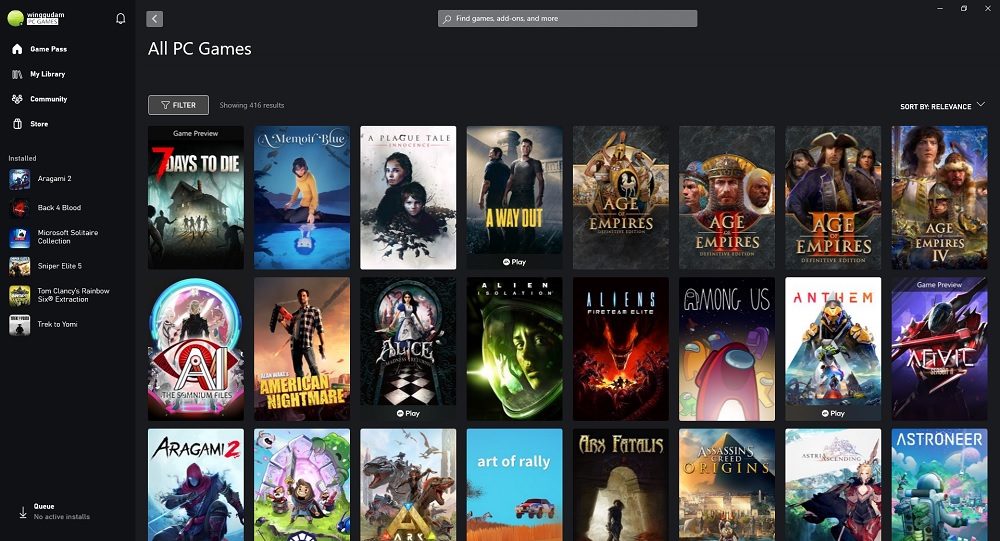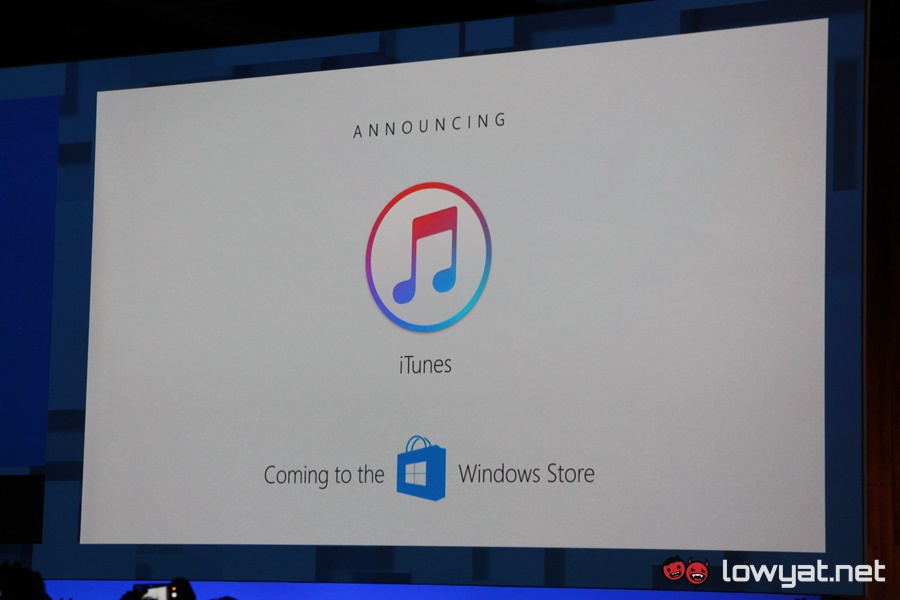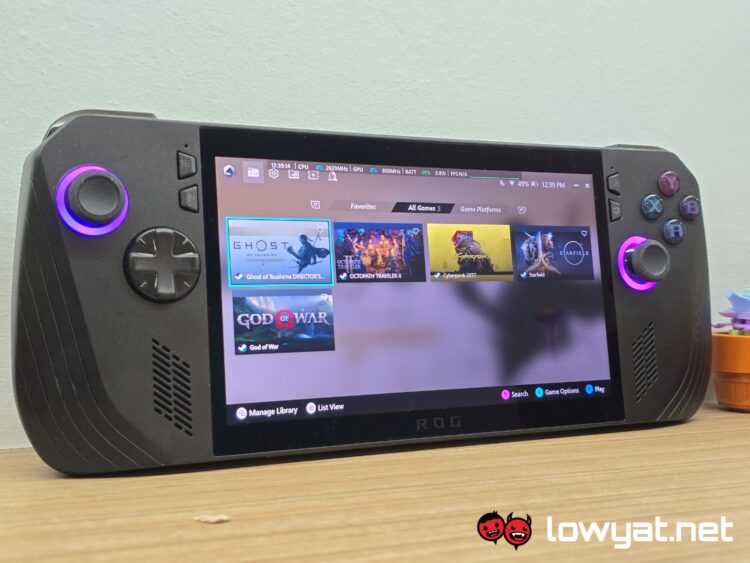Last week, the US state of California made the news that its governor had signed a law, AB 2426 which will come to effect in 2025. In broad strokes, the law states that sellers cannot legally use words like “buy” or “purchase” for digital goods unless a “clear and conspicuous” warning is provided that states that what was bought can be taken away at any time. This is noted to be an extension of existing laws against false advertising, preventing use of terms that “a reasonable person would understand to confer an unrestricted ownership” when it isn’t the case, as is common in the digital age.
The caveat here is, then, that if a seller has made clear that “buying isn’t owning”, as the first half of a popular internet adage, then using words like “buy” or “purchase” is apparently fine under AB 2426. This can be done either as a clear warning as mentioned above, or the seller needs to get “affirmative acknowledgement” from the buyer at the time of transaction.

Since this AB 2426 law applies to digital media in general – including games, movies and books – tech and video games media were timely with their reporting, with headlines that sound pretty celebratory. If that’s just me, then I’ll leave it at that and address my own misunderstanding. But if people are indeed feeling good about this law passing, then perhaps a more grounded perspective is in order.
Because to reiterate and perhaps oversimplify, the idea of AB 2426 is that sellers of digital media must admit that you’re not paying to buy content, but only to license it. Spoiler alert: they already do. Only, they’ve done so in a place no one looks outside of fringe cases, and have done so since the beginning of time.

To start, let me just say that I’m obviously no lawyer, let alone one in the US, or specifically California, where AB 2426 was signed. And a law being passed somewhere outside of Malaysia may not necessarily affect us, but California is a pretty major state in the US, where many tech companies are headquartered, allowing changes here to apply to the whole country. Many changes that take effect in the US may well affect the world too, considering it’s being a very large market in the global economy. So it’s only with that in mind that I’m exploring the changes that AB 2426 being introduced would bring to the global digital media market, if any at all.
To start then, let’s use physical copies and establish a baseline. In most ways, buying a digital copy of something is a lot like buying physical, in that you’re buying a license to that one copy of media. You’re free to use the copy for yourself, but since you still don’t own the IP you can’t legally make copies and sell them. I’d like to think that most people know this, and those who try to make money using their physical purchases are doing so in spite of the law and not out of ignorance.

But the one difference between the two is, since you get to keep physical media, unless you lose it you will have your copy, no matter what happens. For digital media, on the other hand, you can lose whatever you’ve bought through no fault of your own, and not be entitled to compensation. Like the whole thing with PlayStation and Discovery, as well as the infamous Ubisoft and The Crew fiasco, a company may lose the license it got to sell you a thing, or may decide to no longer sell another thing. None of these have anything to do with you, yet you (could) still have lost access to something you bought, with no refund.
And despite what a big deal this California AB 2426 law is being made out to be, it doesn’t address this. All it says is that sellers must tell you that you may lose what you bought, or get your admission that you know that before letting you buy it.

If you’re the average consumer, then chances are you’ve clicked your way through every End User License Agreement (EULA) or Terms of Service (ToS) popup that got in between you what you paid for. These can be dozens of pages long, and reading – let alone understanding – them in their entirety could possibly take far more time that it would for you to completely consume your purchased digital media.
So with legalese often being obtuse in the name of being specific, it’s not inconceivable for it to be argued that a big name seller has already made a clear disclaimer as part of the EULA or ToS. And that you’ll have to tick a checkbox to acknowledge that you’ve read them, satisfying the AB 2426 condition of the seller getting confirmation from the buyer.

The problem with AB 2426, and why it’s not moving the needle at all, is that it doesn’t actually define what is considered “clear and conspicuous” disclosure. Instead, it says that the statement has to come with a “hyperlink, QR code, or similar method” to access T&C that provide full details on the license, which is already being done.
Most importantly, none of these apply to subscription-based service, or a “digital good … that the seller cannot revoke access to after the transaction”. Which should have been the goal of the AB 2426 law to begin with, because that would let physical and digital goods achieve parity in terms of license ownership for the consumer without taking up space with a physical object to house said good. No wonder GOG was gloating when the law was announced.
We've seen some discussions regarding this tweet so let us clarify ⬇️
When we said we let you ‘own’ your games, we meant that no matter what happens—whether it’s licensing issues, storefronts shutting down, or even a zombie apocalypse cutting off your Internet—you’ll still be… https://t.co/MBkC1P9PN2
— GOG.COM (@GOGcom) September 27, 2024
Also, as a side note, since subscriptions are also unaffected by this law, I just want to bring to mind once again why it and streaming will never be the future of media consumption. This was following an experience with expiring licenses on Spotify early last year, which has since been rectified. Which also brings me to my next point on perpetual licenses.
So what’s to be done then? To be honest, I have no idea, because if the solution is to ensure ownership of that one copy – that perpetual license to the use of your copy, and not the whole IP – it would take someone who is both a discerning consumer and a lawmaker to figure out. The best I can do is suggest doing away with all of that fine print nonsense that’s seemingly the main point of AB 2426, and just have the button be one of two things.

In my mind, ideally AB 2426 will only allow the word “buy” if it’s something you keep forever, like if you bought a game off GOG, or when you buy lossy music off Apple iTunes. If not, then it should only be legal for it to say something else, maybe “license” or “long-term lease” or something to that effect, if it’s something publishers want to take away with no refunds after sale like Ubisoft’s The Crew.
The silver lining with this whole AB 2426 situation as it is right now, if there is indeed one to be found, is that if there is a misunderstanding among consumers about the idea of buying a license to access a digital good, this law may or may not clear things up. It’s like gaining awareness that you’ve been shafted; it’s nice, but it would have been better if you weren’t screwed in the first place.

And even then, this will only apply if AB 2426 successfully defines what it means that disclaimers must be “clear and conspicuous”. For example, the statement that tells you that you may lose access to what you paid for, with no refund, has to take up five times the amount of screen space as the buy button. And that the buy button on a web page has to be greyed out until a potential buyer has retyped said statement in a text box in between the disclaimer and the buy button, acknowledging that the massive disclaimer above has been read. If you have other alternatives or solutions of our own, feel free to share them.
Because otherwise, if sellers can still get away with burying the disclaimer in dozen-paged EULA or ToS that can be skipped with a tick, or in fine-print at the bottom of the page way below the buy button, then AB 2426 would have been a complete waste of time and internet traffic. Because that would be like being happy thinking we’re no longer being shafted, all the while being actively screwed still.
And on that bombshell…


